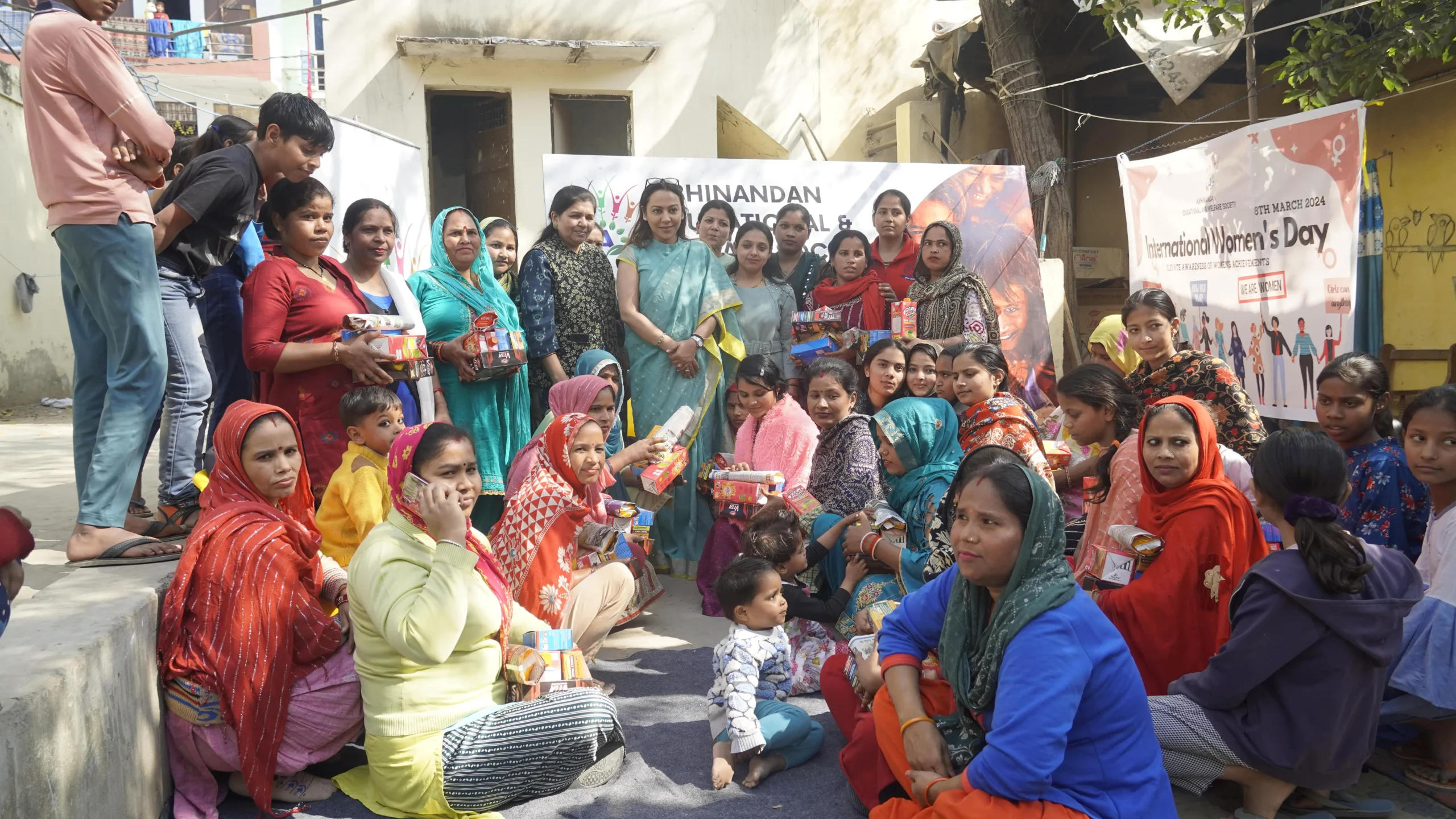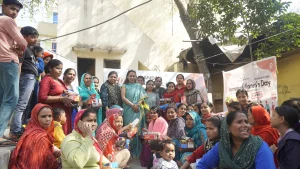The Role of NGOs in Promoting Remedial Education for Urban Children

The Role of NGOs in Promoting Remedial Education for Urban Children

In the bustling urban landscapes of India, where skyscrapers touch the azure sky and the streets buzz with the symphony of progress, there exists a parallel world. This world is inhabited by children whose dreams are as vibrant as the city lights, but their reality is often shadowed by the challenges of urban poverty. Amidst these contrasting realities, NGOs for education in India play a pivotal role in bridging the gap through remedial education.
Understanding Remedial Education
Remedial education, often referred to as ‘catch-up’ education, is a specialized teaching methodology designed to assist students who are lagging in their academic performance. It focuses on enhancing the basic skills in reading, writing, and arithmetic, thereby strengthening the foundation of a child’s educational journey.
The Urban Education Challenge
Urban areas, despite being hubs of opportunities, often present unique challenges for children belonging to underprivileged sections. Overcrowded classrooms, lack of individual attention, and inadequate learning resources often lead to a learning gap among these children. This is where the role of educational NGOs in India becomes crucial.
NGOs and Remedial Education: A Beacon of Hope
NGOs working for education in India, with their dedicated focus on remedial education, have been instrumental in transforming the lives of numerous urban children. They adopt innovative teaching methodologies, provide personalized attention, and create an environment conducive to learning, especially focusing on education for underprivileged children.
One of the key strategies adopted by NGOs is the ‘After-School Learning Centers’. These centers provide a safe and nurturing space for children to learn and grow after their regular school hours. Trained volunteers and teachers work closely with the children, helping them with their homework, clarifying their doubts, and conducting extra classes in subjects where the child might be lagging.
Another significant initiative is the ‘Mobile Learning Centers’. Recognizing the space constraints in urban slums, NGOs have innovatively transformed buses and vans into mobile classrooms. These mobile centers reach out to the children in their locality, ensuring that quality education is not a distant dream for them.
The Impact: A Ray of Hope
The impact of these initiatives is evident in the smiles of the children who, despite their circumstances, are now hopeful of a brighter future. Their academic performance improves, their self-confidence gets a boost, and they are more eager to attend school regularly. This is the role of NGOs in inclusive education.
In conclusion, NGOs, through their relentless efforts in promoting remedial education, are not just teaching urban children; they are shaping the future of the nation. They are ensuring that every child, irrespective of their socio-economic background, has access to quality education. They are turning the urban education challenge into an opportunity, one child at a time.
Conclusion
NGOs promote remedial education for urban children, shaping a brighter future for the nation. They are ensuring that every child, irrespective of their socio-economic background, has access to quality education. They are turning the urban education challenge into an opportunity, one child at a time.
As we move forward, let us acknowledge and appreciate the commendable work done by these NGOs. Let us remember that every child deserves a chance to learn and grow, and together, we can make it possible.
Tags: education for underprivileged children,
ngo working for education in India,
Remedial Education for Urban Children,